”In the end, we will remember not the words of our enemies,
but the silence of our friends“
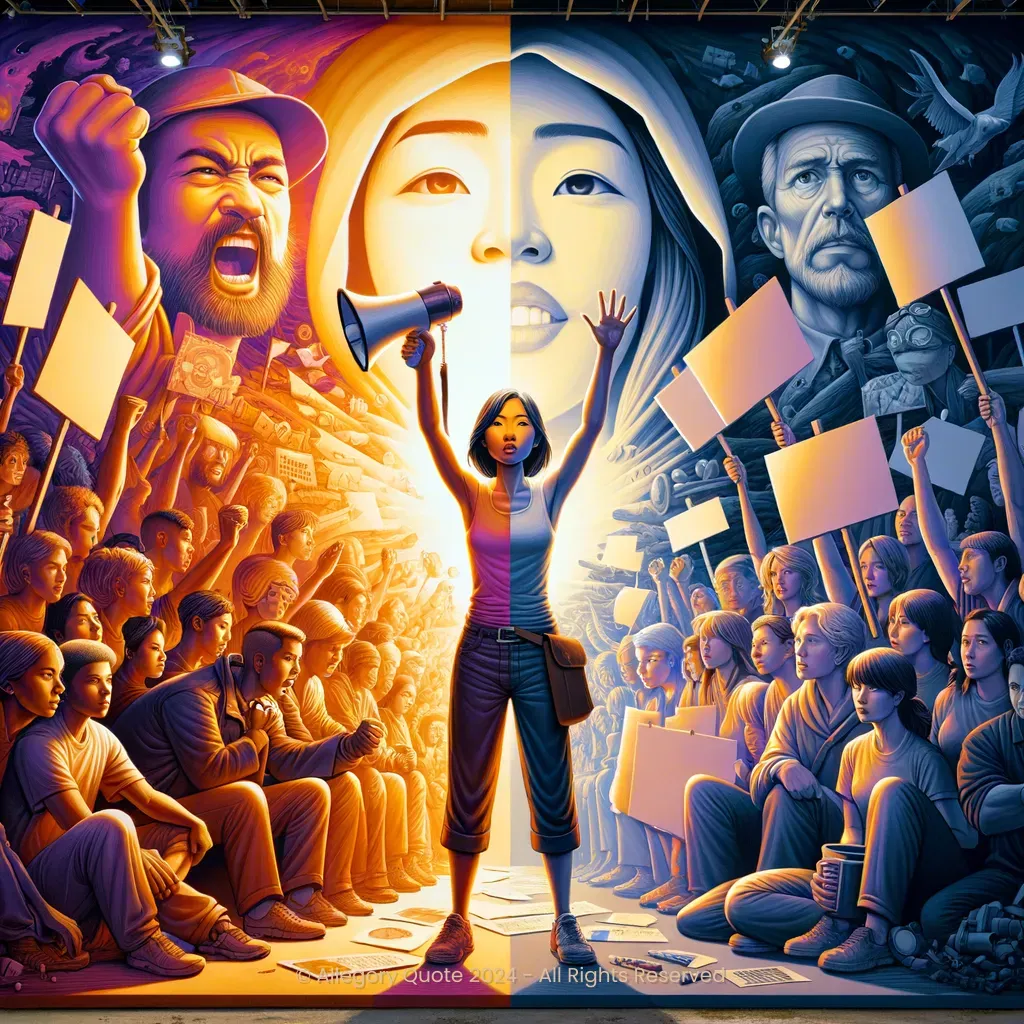
- Meaning
- This quote underscores the profound impact of silence from those we consider allies or friends. It suggests that the pain caused by the betrayal of friends, through their inaction or silence in times of moral crisis, is more memorable and hurtful than the overt actions of our enemies. Essentially, it highlights the moral responsibility individuals have to stand up against injustice, especially when they have the power to make a difference.
- Allegory
- The image elements are designed to illustrate the stark contrast between action and inaction. The vibrant setting indicates the bustling world of social activism, filled with energy and determination. The shadowy figures represent friends who are silent and passive observers, symbolizing how their inaction stands in stark contrast to the vocal person fighting against oppression. The divided backdrop emphasizes the consequences of silence versus action: an oppressive environment versus a hopeful, liberated community. The lighting draws attention to the active individual and the silent group, reinforcing the gravity of their choice to remain silent. This visual storytelling aims to provoke thought about the importance of being an active supporter of justice and the moral weight of silence in such crucial times.
- Applicability
- In our daily lives, this phrase can remind us of the importance of being vocal and taking a stand against wrongdoings, whether they affect us personally or others. It encourages people to be proactive in their support for justice and equality, rather than being passive observers. This can apply to standing up against bullying, speaking out in the workplace when unfair practices occur, or supporting marginalized communities.
- Impact
- This phrase has had a significant impact on both social and political discourse. It has been used extensively in speeches, literature, and rallies to emphasize the importance of solidarity and active support in the fight against injustice. It continues to inspire various movements today, serving as a moral benchmark for accountability and action among allies.
- Historical Context
- This quote comes from the latter half of the 20th century, specifically during the 1960s when Dr. King was active in the civil rights movement. This was a time of significant social and political upheaval in the United States, aimed at dismantling institutionalized racial segregation and discrimination.
- Criticisms
- There are critical discussions around the interpretation of this quote primarily regarding its application. Some argue that it can unwittingly place undue burden on allies to speak up in all instances, potentially leading to burnout or performative activism. Others feel it may oversimplify complex social dynamics by suggesting that silence is always a form of betrayal, which may not take into account valid personal or emotional reasons for someone's reticence.
- Variations
- There may be slight variations in how this quote is expressed or paraphrased, but the core message remains consistent across cultures. For instance, in some cultures, there might be an interpretation that values communal harmony and therefore views silence as complicity with oppression rather than just personal failure.
-
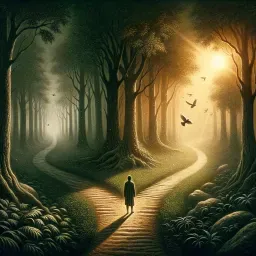
I took the one less traveled by, and that has made all the difference.
-
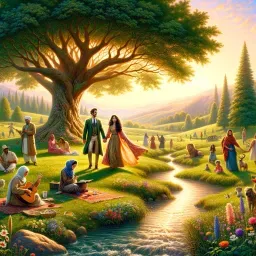
As You Like It.
-
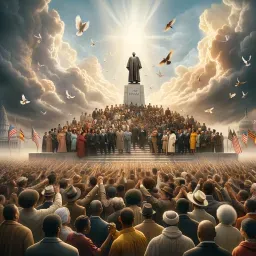
I have a dream that one day this nation will rise up and live out the true meaning of its creed: 'We hold these truths to be self-evident, that all men are created equal..
-
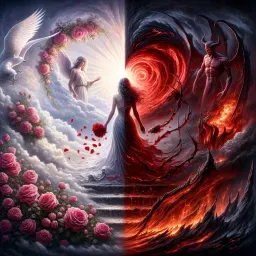
Heaven has no rage like love to hatred turned, nor hell a fury like a woman scorned.
-
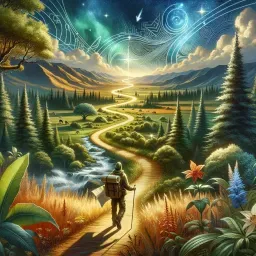
Not all those who wander are lost.
-
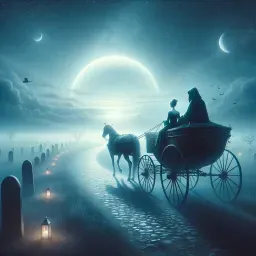
Because I could not stop for Death, He kindly stopped for me; The carriage held but just ourselves And Immortality.
-
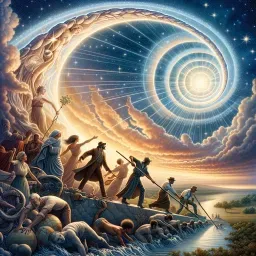
The arc of the moral universe is long, but it bends toward justice.
-
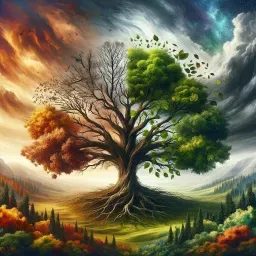
Blood is thicker than water, but it can still be contaminated.
-
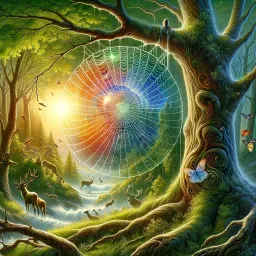
When one tugs at a single thing in nature, he finds it attached to the rest of the world.
-
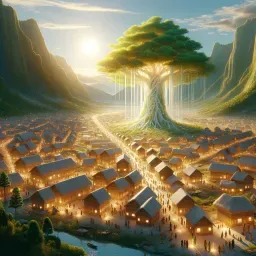
Honesty is the best policy.
-
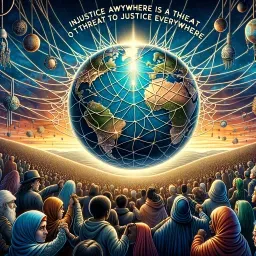
Injustice anywhere is a threat to justice everywhere.
-

Yesterday is not ours to recover, but tomorrow is ours to win or lose.
No Comments